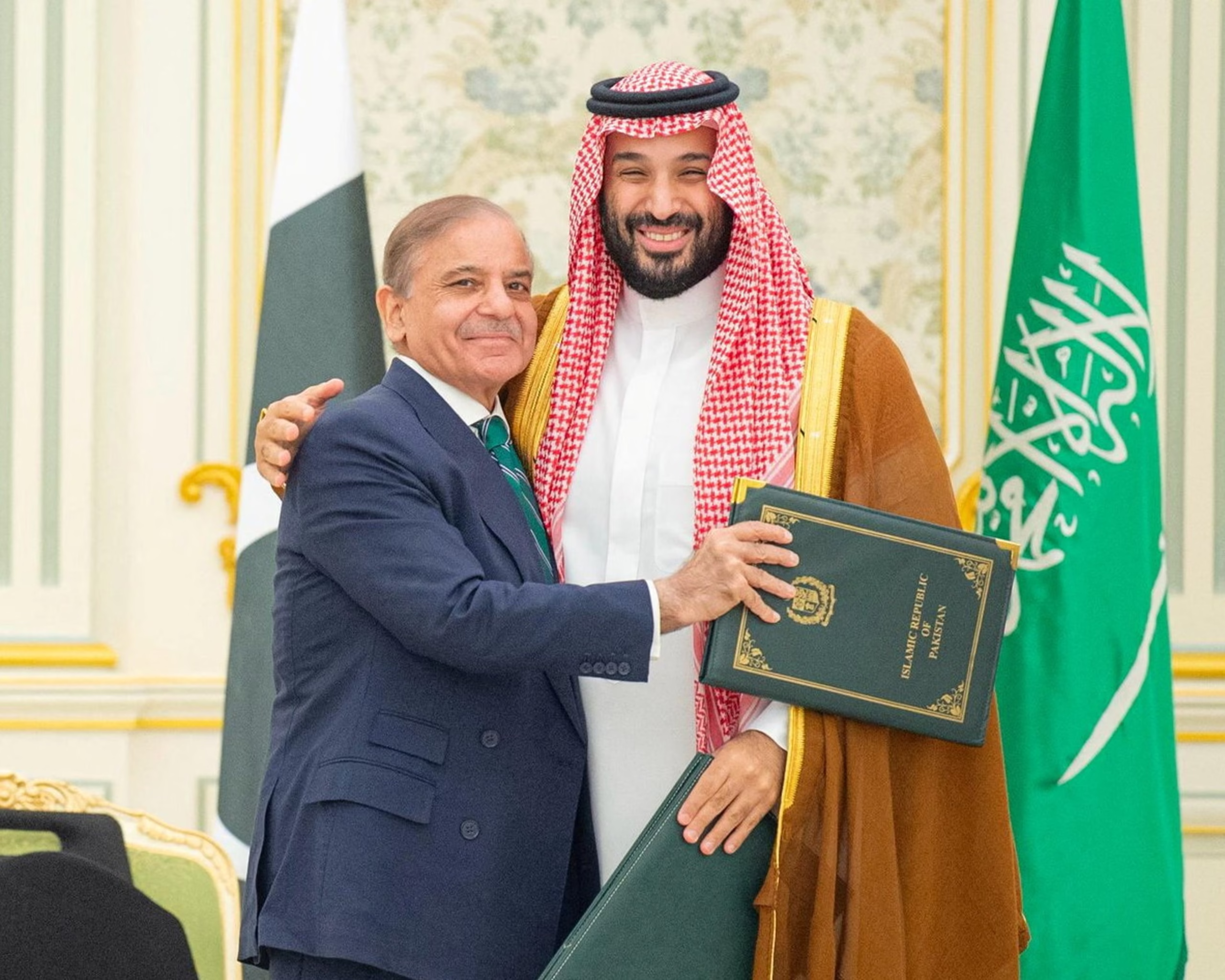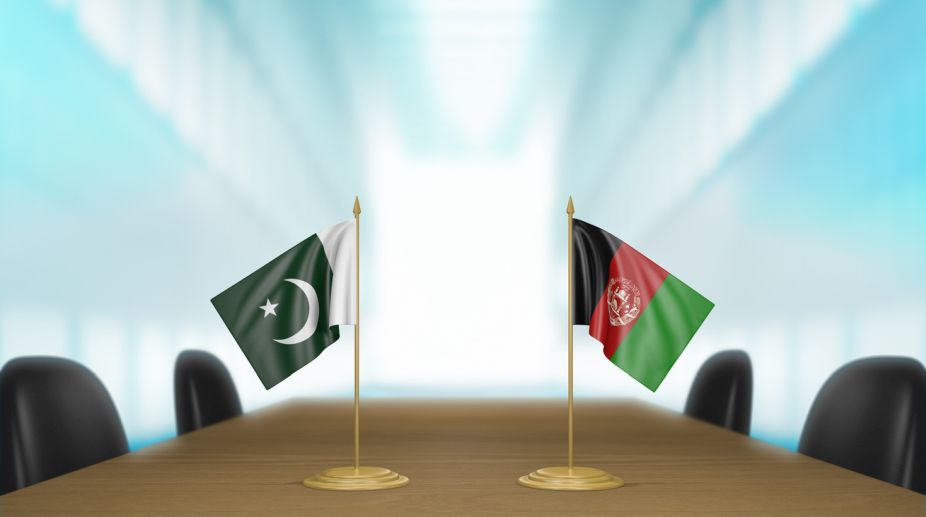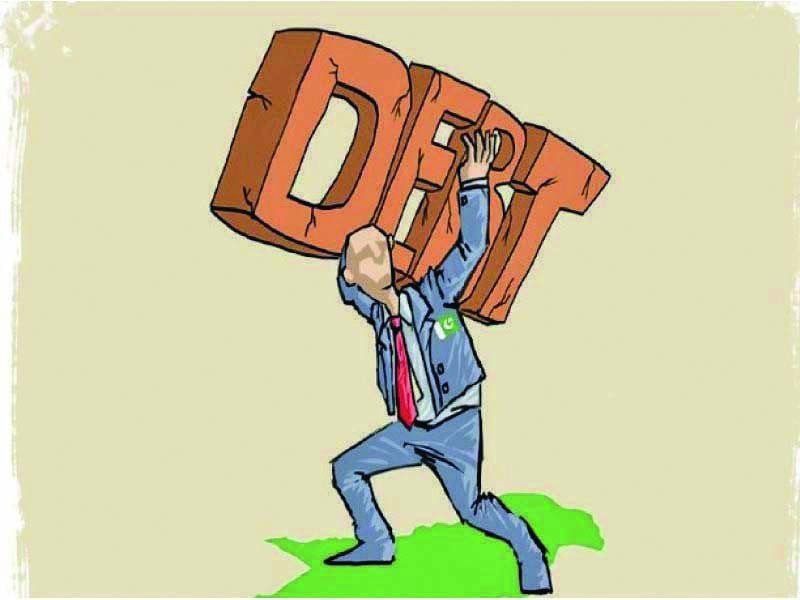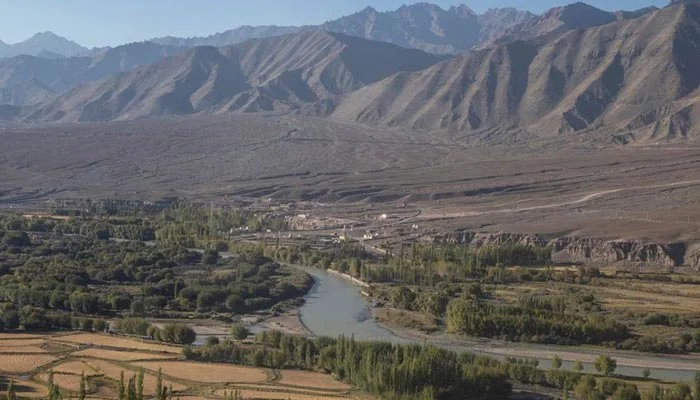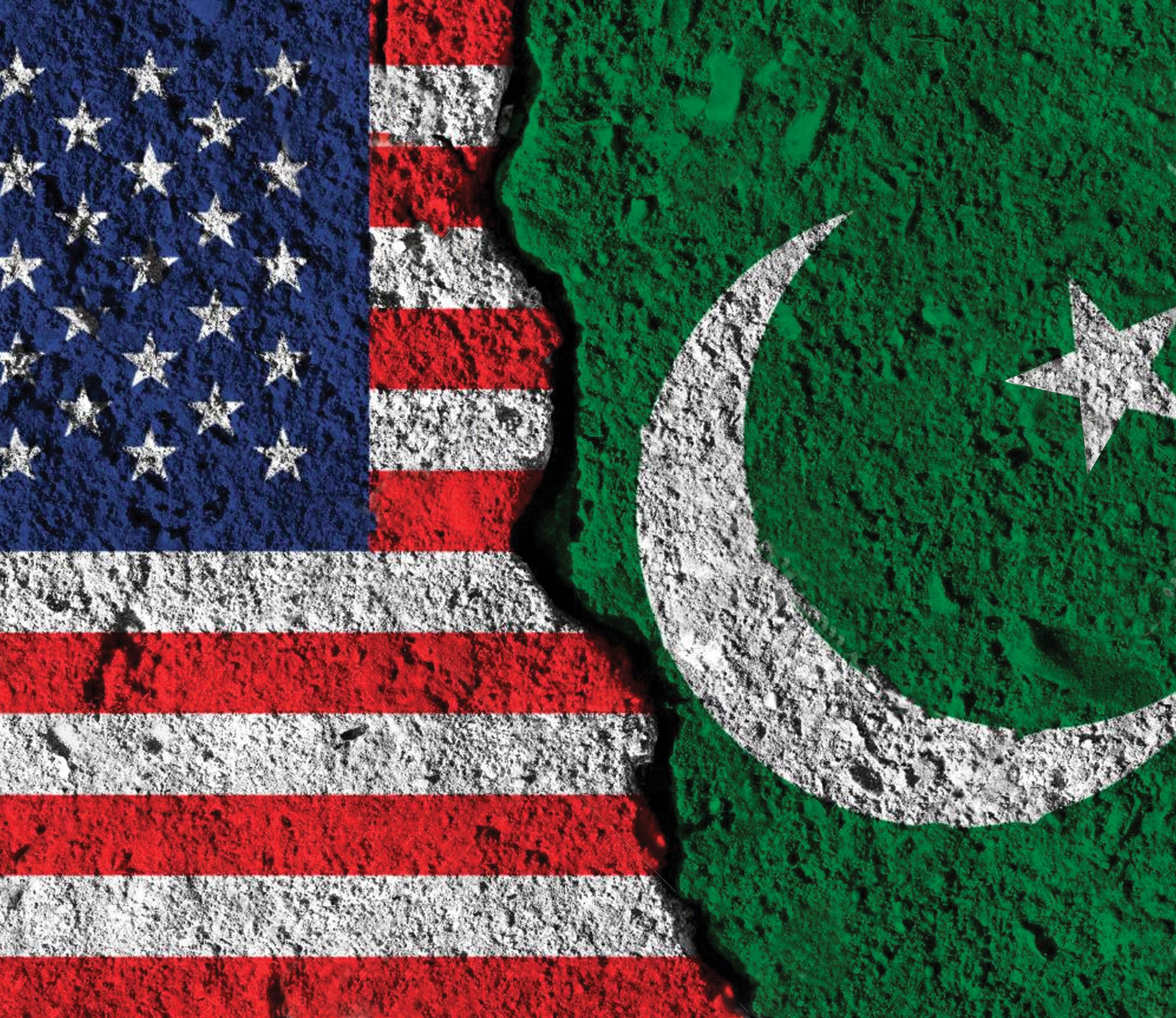Fatima Azhar
Pakistan’s economy faces a tragic paradox: every time the government announces “relief” for citizens, a fresh economic crisis soon follows. After recent promises to tackle the sugar price surge, the country was rocked by a new scandal—this time involving a sharp and inexplicable rise in edible oil prices. These events have laid bare the profound contradictions in Pakistan’s economic system and exposed the state’s alarming lack of capacity or will to act in the public interest.
Despite significant drops in global edible oil prices and relaxed import duties, local prices continue to climb. In Pakistan, a single litre of cooking oil now costs between Rs. 600 and Rs. 700—far beyond what an average household can afford. There is no economic justification for this increase. Instead, it is a glaring example of unchecked inflation imposed on the public, enabled by opaque business interests and government inertia.
The market is rife with profiteering and hoarding, not as isolated incidents but as part of an organized strategy. When international prices fall, local oil marketing companies and powerful traders engineer artificial shortages, doubling prices at the consumer’s expense. This is no minor trick but an economic crime operating with impunity. The government, meanwhile, remains conveniently silent or proves helpless in the face of these manipulations.
For months, the government has continued to promise inflation relief through meetings, press conferences, and official statements. Yet, these actions have provided little more than false hope; new crises keep emerging, and prices keep soaring. Such empty rituals not only waste the public’s time but also further erode their trust in government. Relief is promised, but shopkeepers keep hiking prices, worsening the struggle for daily essentials.
There is a stark disconnect in Pakistan between policy-making and actual implementation. Ministers claim to put public interest first, but, in reality, powerful business groups and cartels dominate the landscape. If global oil prices are falling, ordinary citizens should benefit, but instead, corporations absorb the profits, while the government’s silence hints at silent complicity.
A critical question now confronts Pakistan: in whose interest does the state govern? Has it become an instrument for protecting elite and corporate interests alone, or does public welfare still mean anything? The government’s inaction in the face of blatant profiteering is not just administrative failure—it raises serious constitutional and moral questions. When the state yields to a handful of profiteers, the very foundation of democracy is shaken.
The way forward is not in more hollow relief announcements, but in creating a robust, independent system of market oversight. Pakistan urgently needs a transparent, autonomous consumer protection body with the authority to monitor global and local price movements and to ensure the benefits of falling prices reach the consumer—not just corporate cartels. Such an institution must be free from political influence and committed to protecting consumer rights.
Public trust is a precious asset—once lost, it is nearly impossible for any state to regain. As ordinary Pakistanis struggle daily with skyrocketing prices and receive nothing but statements in return, frustration and hopelessness grow. This disillusionment is not just a threat to the economy; it is a grave risk for the entire state structure. Unless the government moves beyond press releases to real, effective action, the wounds of the public will deepen—not only poverty, but also uncertainty will take root.





